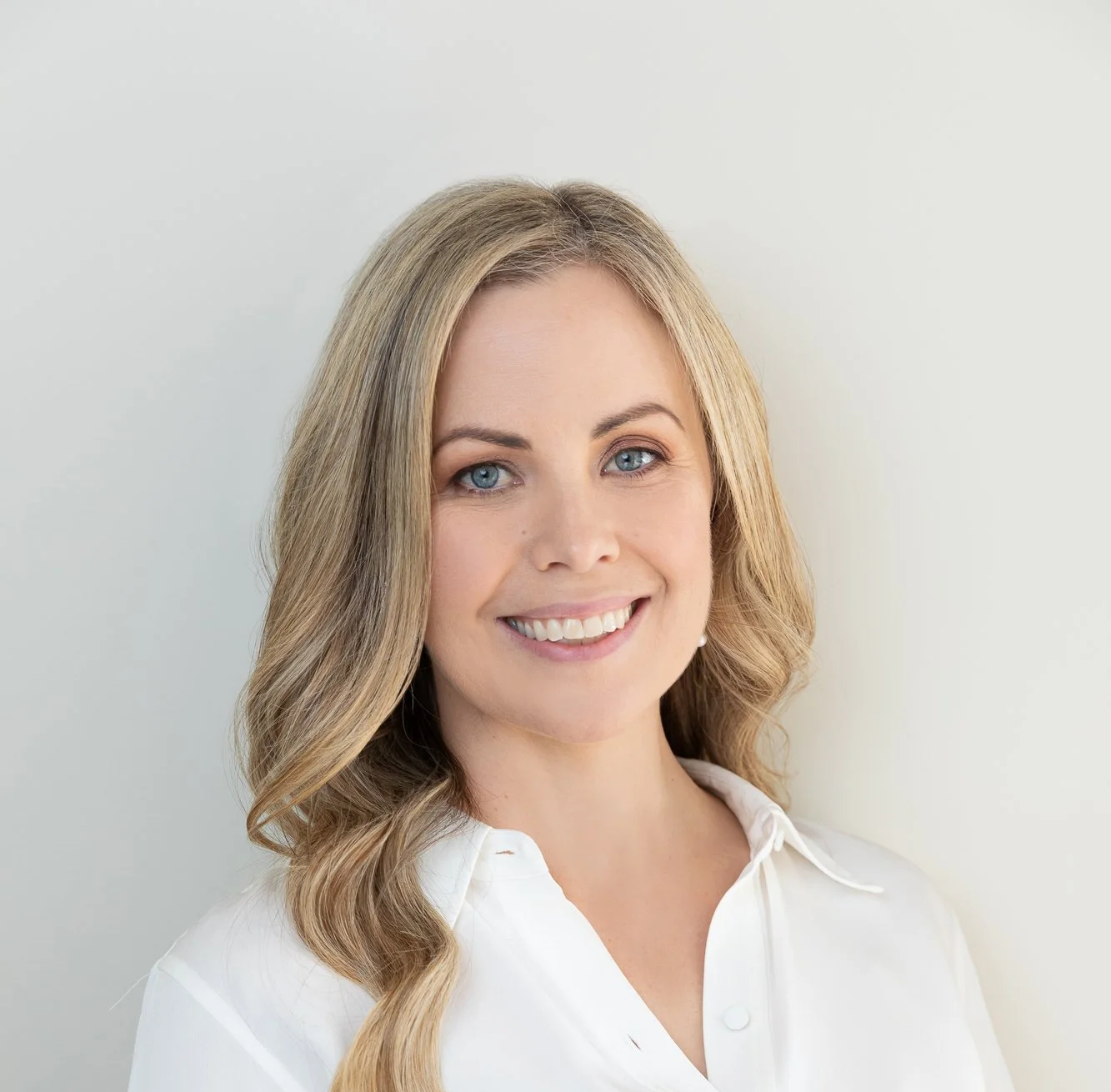top of page
For all enquiries - call Kylie-Jo on +61 7 5576 2633
All Posts
How Gottman Method Training Strengthens Individual Clinical Practice
Like many Australian couples therapists, in my undergraduate and post graduate training and for the first ten years of my practice, I trained and worked primarily as an individual clinician. As a clinical psychologist, my focus was on evidence-based treatments for anxiety, depression, trauma, and stress-related disorders. Yet even early on, it was clear that many of the difficulties clients brought into the therapy room were deeply rooted in their relationships. Interpersonal

Carole Simpson
12 minutes ago3 min read
Why Strong Relationships Matter More Than Ever in a Climate-Altered Australia
By Certified Gottman Therapist Campbell Townsend Last week, my family, our friends, and our wider community in Central Victoria found ourselves directly in the path of a major bushfire. Evacuation plans were activated, uncertainty hung heavily in the air, and for a time the outcome felt genuinely uncertain. A last-minute change in wind direction spared us from immediate danger, but around fifty homes and local businesses just up the road were not so fortunate. In the middle o

Campbell Townsend
Jan 192 min read
The apparent absence of conflict in couples relationships
By Certified Gottman Therapist - Campbell MacBean There seems to be a common myth to which many couples subscribe, that the absence of conflict somehow makes for a good relationship. Or, to put it another way, there’s a perception in romantic relationships, if we aren’t arguing or disagreeing, we must be doing fine! Despite what the common myths might say, learning how to manage conflict is one of the most important outcomes of couple’s therapy. Even though they might belie

Campbell MacBean
Nov 5, 20253 min read
Anatol Rapoport and the Gottman–Rapoport Conversation
We often get caught in conflict cycles in relationships and life, reinforced by news and social media. Opposing perspectives push us to take sides, deepening divisions rather than fostering understanding. Narrowing our views excludes the richness of other perspectives. In relationships, there are fewer absolutes than we imagine. Most differences are nuanced and deserve reflection. Seeking simple black-and-white answers—yes or no, good or bad—limits our ability to appreciate o

John Flanagan - Advanced Gottman Clinical Trainer
Oct 14, 20253 min read
Betrayal Trigger Management and the TARR Approach
By Advanced Clinical Trainer - John Flanagan The reprocessing of relationship events, incidences, and issues that have created hurt,...

John Flanagan - Advanced Gottman Clinical Trainer
Oct 9, 20254 min read
Managing Contempt in Couple Therapy
One of the most difficult emotions to deal with in couple therapy is contempt.

Trish Purnell-Webb - Advanced Gottman Clinical Trainer
Oct 2, 20252 min read
A Summary of the Gottman Therapy Perspective of Intimate Partner Aggression
Intimate partner aggression (IPA) is far more common than many realise, with research estimating that over half of couples experience some form of aggression during their relationship

John Flanagan - Advanced Gottman Clinical Trainer
Sep 10, 20253 min read
Tips for Detecting the 4 Horsemen During a Couple’s Dialogue
The four horsemen—criticism, contempt, defensiveness, and stonewalling—are powerful indicators of relational distress and predict relationship outcomes if left unchecked. For Gottman therapists, detecting and interrupting these patterns in real-time during dialogue is a core skill. The goal is not to pathologize couples, but to name patterns accurately, so you can guide the conversation toward repair attempts and healthier interaction.

Trish Purnell-Webb - Advanced Gottman Clinical Trainer
Aug 11, 20254 min read
When Avoidance is the Major Presenting Problem
Relationships are complex. The old adage that ‘relationships should be easy’ has been debunked over and over again in the research....

Trish Purnell-Webb - Advanced Gottman Clinical Trainer
Jul 31, 20254 min read
TARR (Article 1 / 3) A Formulation HAC - By Advanced Gottman Clinical Trainer & Consultant John Flanagan
I have been struck over the years by both the courage and struggle couples experience in their relationships, inspired by their capacity...
John Flanagan
Jun 14, 20255 min read
TARR (Article 2 / 3) The Relationship Repair Continuum (RRC) - By Advanced Gottman Clinical Trainer & Consultant John Flanagan
In the first article of this series, I explored the Formulation HAC which assists in organising assessment data and developing treatment...
John Flanagan
Jun 13, 20256 min read
TARR (Article 3 / 3) Relationship Repair Interventions - By Advanced Gottman Clinical Trainer & Consultant John Flanagan
My hope is this series of articles supports therapists in a very practical sense by sharpening assessment formulation, conceptualising...
John Flanagan
Jun 11, 202510 min read
The Dynamics of Small Betrayals in Relationships - By Advanced Gottman Clinical Trainer & Consultant Trish Purnell-Webb
Betrayal is a powerful word that often conjures up images of dramatic, earth-shattering events, like being caught red-handed in a...
Trish Purnell-Webb
Jun 1, 20253 min read
The Anger, Resentment and Forgiveness Triad by Advanced Gottman Clinical Trainer & Consultant - Trish Purnell-Webb
In one of our supervision groups recently, a clinician discussed a case in which some behaviour during the early years of the couple’s...
Trish Purnell-Webb
Jun 1, 20253 min read
The Role of Vagus Tone in Dysregulation: Understanding and Enhancing Emotional Well-Being - By Advanced Gottman Clinical Trainer & Consultant Trish Purnell-Webb
Emotional regulation is a critical aspect of mental health and interpersonal relationships. When individuals experience emotional dysregulation, it can lead to a host of challenges, both personally and in their interactions with others.
Trish Purnell-Webb
Jun 1, 20253 min read
When Only One Partner Seeks Help (Individual Therapy for Couples Problems)
As a relationship therapist, you are trained to work with couples to navigate relational and interactional challenges—but what happens when only one person reaches out for support with relationship issues? This is a common scenario in individual therapy, with research suggesting that 86% of individuals presenting for therapy list relationship distress as one of their top three concerns.What is a well-meaning therapist supposed to do, and what are the unique clinical and ethic

Trish Purnell-Webb - Advanced Gottman Clinical Trainer
Apr 17, 20252 min read
bottom of page
